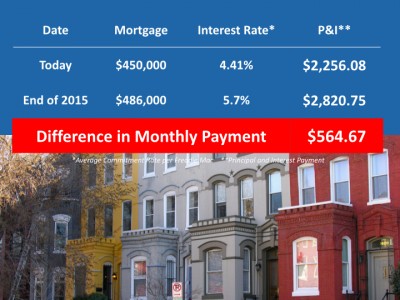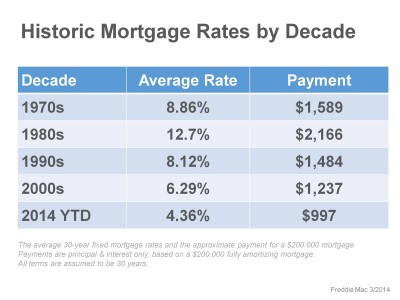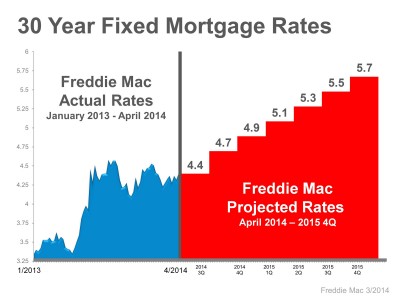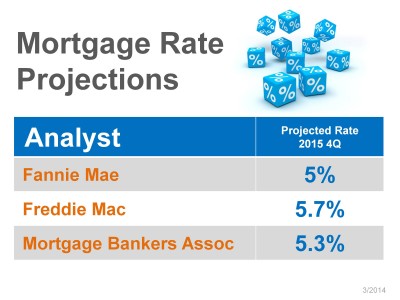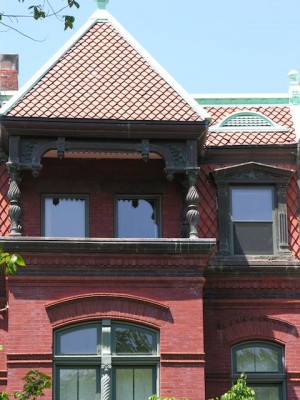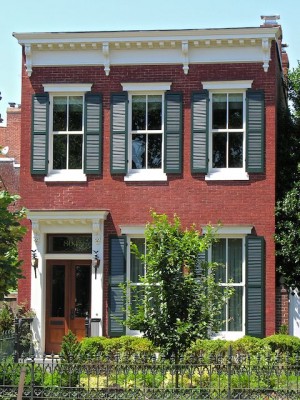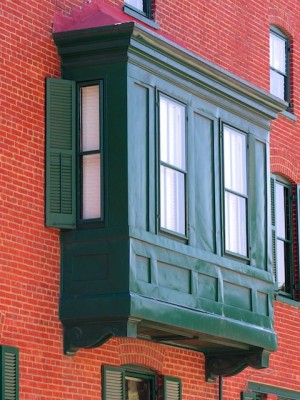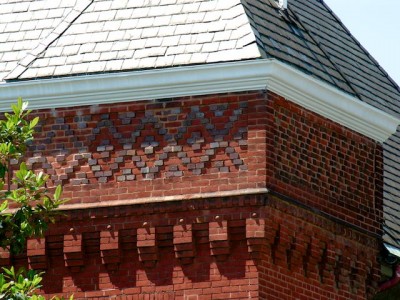Yes. It’s still true, even with the rise in prices of over 10% in the DC area in 2013. According to Trulia, it is 34% cheaper to buy rather than giving your hard earned cash in rent. Trulia has created a great interactive rent vs. buy map.
For their methodology, Trulia compared the average rent and for-sale prices of an identical set of properties in each city, and then considered the present and future monthly costs associated with buying and renting and factored in one-time costs like down payments and security deposits.
They assume that owners have a 4.5 percent rate on a 30-year mortgage, put 20 percent down and will stay in their homes for seven years. If you don’t agree with these assumptions, Trulia has unveiled their own rent-versus-buy calculator, so that you can play around with specific numbers.
Of course, home price appreciation and depreciation affect this. Trulia takes this into account. “In our rent vs. buy calculations, we use a conservative annual home price assumption that ranges between 1.7% and 3.1%, depending on the metro. The reality, though, is that there’s a huge degree of uncertainty about what home prices will actually do, and the cost of buying relative to renting could turn out to be a lot higher or lower than with our conservative baseline appreciation assumption. To see how much uncertainty there is around what could happen to home prices, we calculated the annual home price appreciation for the best and worst seven-year periods over the past 20 years for each metro, using Federal Housing Finance Agency (FHFA) price data.”
